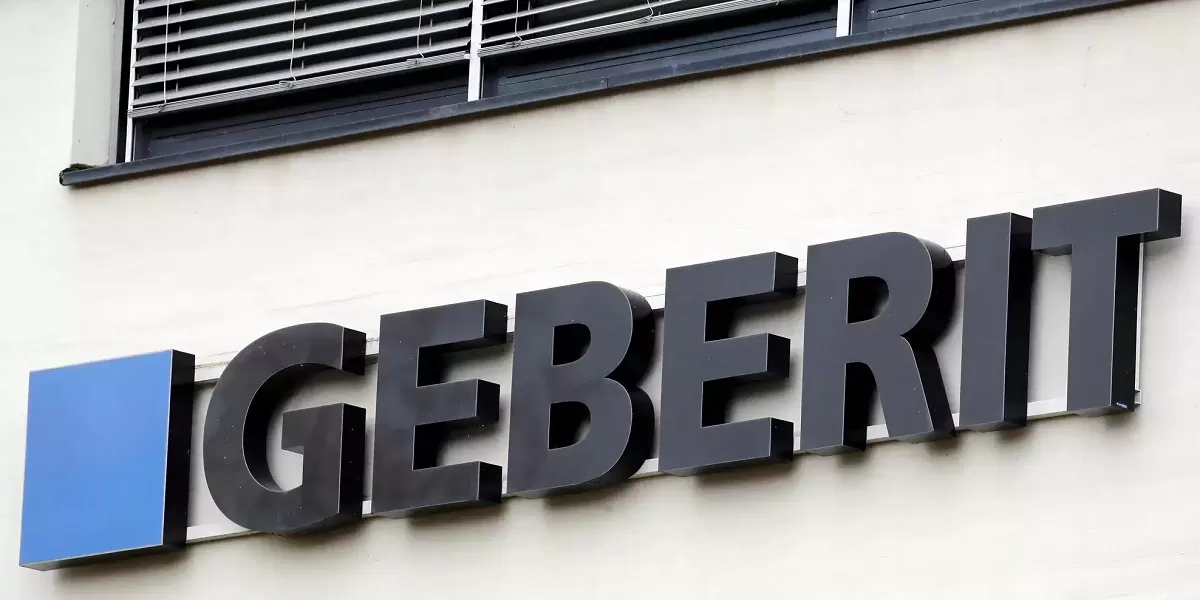

India Strengthens National Space Infrastructure In 2025
The Indian Space Research Organisation (ISRO) reported key advances in national launch and space infrastructure in 2025. The SPADEX mission demonstrated autonomous docking and undocking with power transfer and completed circumnavigation, making India the fourth nation to demonstrate docking in space. The PSLV Orbital Experimental Module (POEM-04) carried multiple payloads from ISRO, startups and academia, completed over 1,000 orbits and demonstrated a robotic arm and seed germination. GSLV-F15/NVS-02 was the 100th mission to lift off from Sriharikota and injected its satellite precisely to th..

India Advances Space Insurance And Debris Mitigation
Different types of space insurance products are available in India and are offered by Indian insurers in collaboration with global insurers, re-insurers, underwriters and brokers, allowing private entities the freedom to obtain appropriate cover for the activities they undertake. The Government encourages such entities to secure adequate insurance to address risks associated with high-value, capital-intensive space projects. Insurers and re-insurers worldwide commonly distribute risk among themselves for such complex ventures. The Indian Space Research Organisation (ISRO) has established the ..

SEEPEX Launches Smart Joint Access for Inspection-Ready Pumping
SEEPEX has introduced Smart Joint Access (SJA), an inspection-friendly pump design integrated into its BN progressive cavity pump range, aimed at industrial applications where uptime, reliability and safe handling of challenging media are critical.Smart Joint Access enables direct visual inspection of both pump joints through a large opening in the suction housing, allowing faster condition assessment without dismantling. The design supports precise and stable handling of shear-sensitive, abrasive and corrosive media, while maintaining a compact footprint suited to space-constrained installati..

















